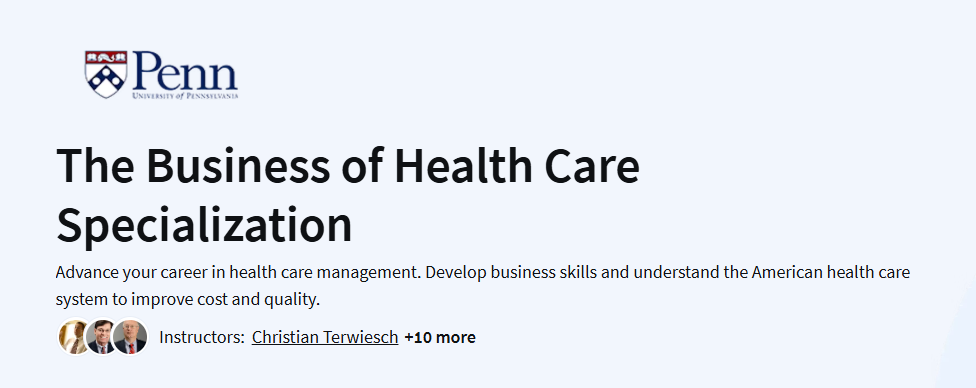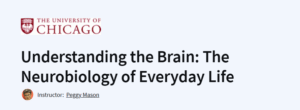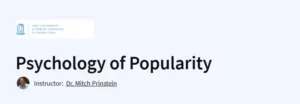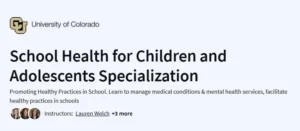What you will learn in The Business of Health Care Specialization Course
Understand the major challenges of the U.S. healthcare system.
Identify key stakeholders in the U.S. healthcare system.
Analyze issues encountered in efforts to improve healthcare delivery and the healthcare system.
- Explore the roles of physician practices, hospitals, pharmaceuticals, and insurance and financing arrangements.
- Examine the challenges of healthcare cost management, quality of care, and access to care.
Program Overview
The Economics of Health Care Delivery
⏱️4 weeks
Examine the economic forces shaping the healthcare industry.
Understand supply and demand dynamics in healthcare markets.
Financial Acumen for Non-Financial Managers
⏱️4 weeks
Learn to interpret financial statements and budgets.
Apply financial concepts to make informed managerial decisions.
Operations Management in Healthcare
⏱️4 weeks
Analyze healthcare operations to enhance efficiency.
Implement process improvements to optimize patient care delivery.
Leadership and Management in Healthcare
⏱️4 weeks
Develop leadership skills tailored to healthcare environments.
Understand organizational behavior and change management in healthcare settings.
Get certificate
Job Outlook
- Healthcare administration roles are projected to grow by 28% from 2021 to 2031, much faster than the average for all occupations.
- Skills acquired in this specialization are applicable to roles such as Healthcare Administrator, Clinical Manager, and Health Services Manager.
- The program provides a strong foundation for those seeking to enter or advance in the healthcare management field.
Specification: The Business of Health Care Specialization
|
FAQs
- The specialization includes 4 courses, each designed to be completed in about 4 weeks, totaling around 16 weeks (4 months) when progressing at ~10 hours/week.
- In line with typical specialization structures, Coursera reports a 4–6 month completion timeline, though learners can go faster or slower depending on their schedule.
- This is a Beginner-level, entry-friendly program. No healthcare or business experience is required.
- A general understanding of U.S. healthcare (e.g., as a patient or via related study) can be helpful, especially for courses involving financial concepts.
You’ll deepen your knowledge and develop skills across four key courses:
- The Economics of Health Care Delivery: Understand healthcare economics, market dynamics, insurance models, and pricing strategies.
- Financial Acumen for Non-Financial Managers: Gain financial literacy—interpreting budgets, income statements, and applying finance in managerial decisions.
- Operations Management in Healthcare: Learn to optimize care delivery through process improvement and operational efficiency.
- Leadership and Management in Healthcare: Develop leadership skills, understand organizational behavior, and drive change in health settings.
Together, these build capabilities in health systems, financial reporting, operations, leadership, and management.
Strengths:
- Highly rated (4.7/5) by over 1,400 learners. Delivered by Wharton and Penn Medicine experts with well-structured content and real-world application.
- Covers financial strategies, market economics, and operational leadership within healthcare—a solid foundation for management roles.
Limitations:
- Focuses primarily on the U.S. healthcare system—less applicable for international healthcare models.
- May not cover advanced topics like health informatics or policy in depth, which require specialized study.
- Ideal for: Aspiring healthcare managers, administrators, clinical leaders, policy analysts, or foundational learners aiming to step into health-related business roles.
- Skills gained align with job roles such as healthcare administrator, services manager, and clinical operations lead. With projected growth in health services management, these skills boost career readiness.
- Completers earn a shareable Coursera certificate, handy for resumes and LinkedIn portfolios.





